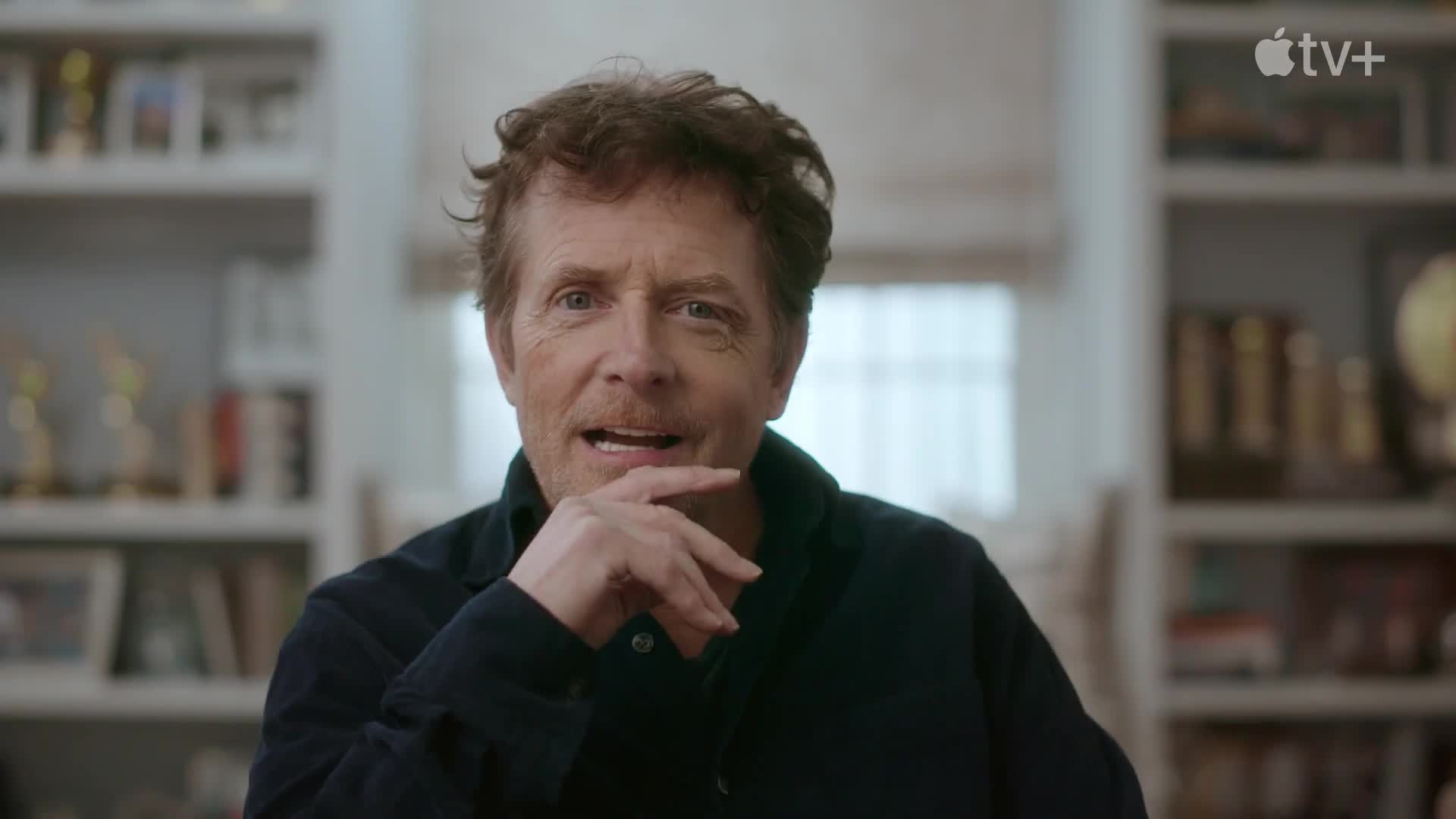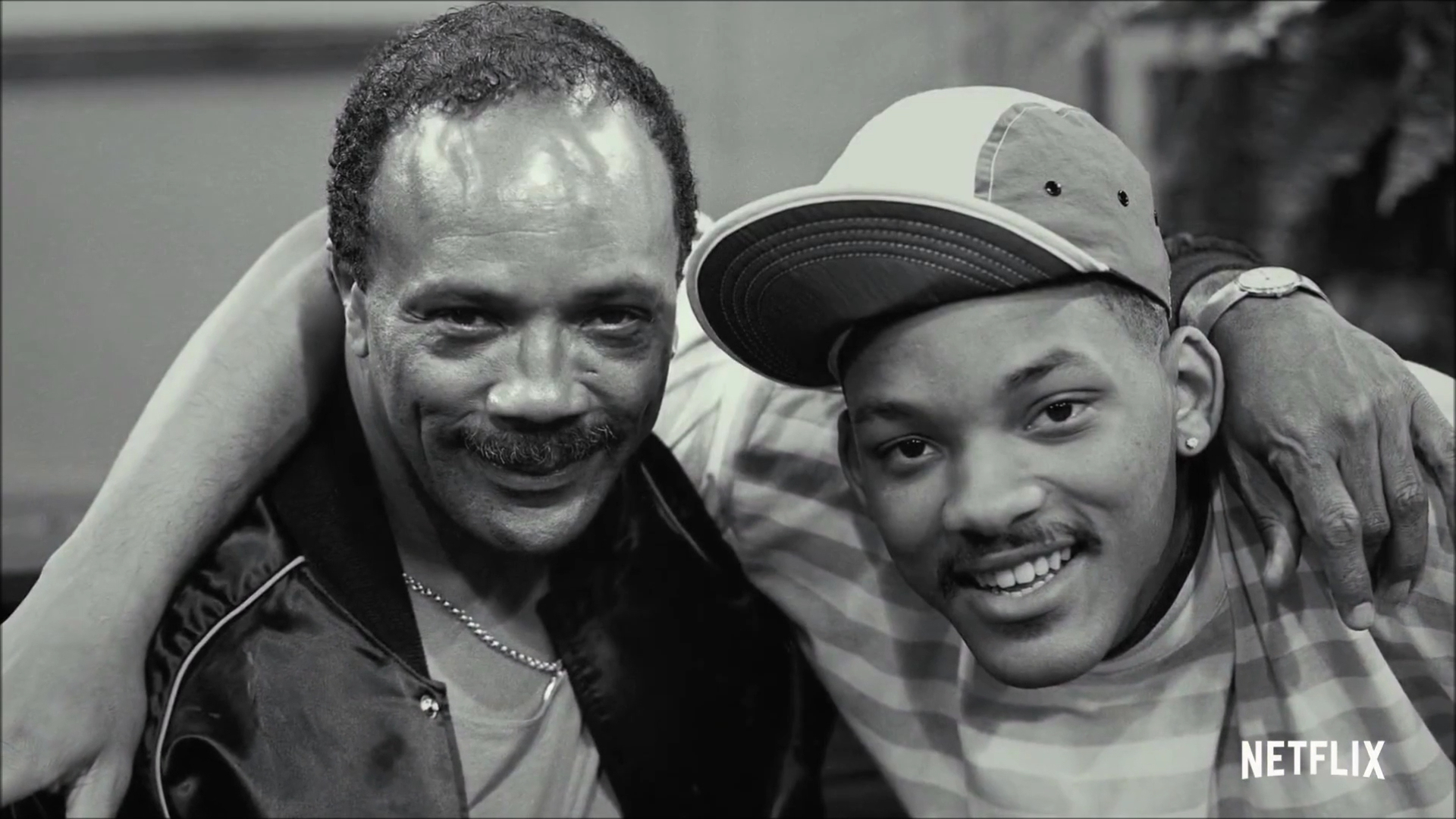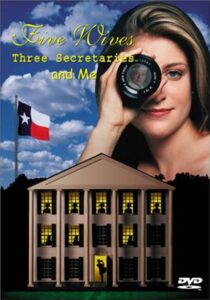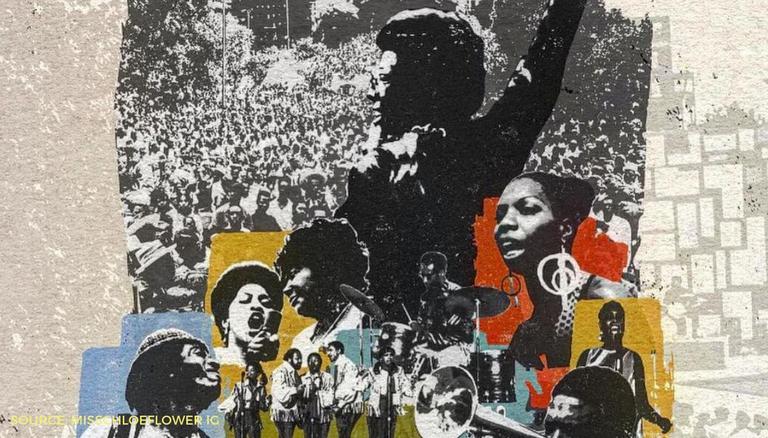“Still,” “American Symphony,” “1619,” Ross McElwee Winners at Critics Choice Documentary Awards
Posted on November 13, 2023 at 12:50 pm

I am so honored to be a voting member of the Critics Choice Documentary Awards committee, though the choices are all so outstanding it is difficult to choose between them. Last night, the awards went to many of my favorites from this year, including “Still: A Michael J. Fox Movie,” which won best feature, best director, best editing, best biographical film, and best narration, by Fox himself. Director Davis Guggenheim and editor Michael Harte made exceptional use of their subject’s extensive archive not just to illustrate but to comment on and illuminate Fox’s story. At the ceremony, the Pennebaker Award was presented to acclaimed documentarian Ross McElwee. The award, formerly known as the Critics Choice Lifetime Achievement Award, is named in honor of D A Pennebaker, a past winner. It was presented to Kopple by Chris Hegedus, Pennebaker’s long-time collaborator and widow.
Nominees and winners of the Eighth Annual Critics Choice Documentary Awards
Best Documentary Feature
“20 Days in Mariupol” (PBS)
“American Symphony” (Netflix)
“Beyond Utopia” (Roadside Attractions)
“The Deepest Breath” (Netflix)
“The Eternal Memory” (MTV Documentary Films)
“Judy Blume Forever” (Amazon Studios)
“Kokomo City” (Magnolia Pictures)
“The Mission” (National Geographic)
“Stamped from the Beginning” (Netflix)
WINNER “Still: A Michael J. Fox Movie” (Apple TV+)
Best Director
Maite Alberdi – “The Eternal Memory” (MTV Documentary Films)
Madeleine Gavin – “Beyond Utopia” (Roadside Attractions)
WINNER Davis Guggenheim – “Still: A Michael J. Fox Movie” (Apple TV+)
Matthew Heineman – “American Symphony” (Netflix)
Amanda McBaine, Jesse Moss – “The Mission” (National Geographic)
Steve McQueen – “Occupied City” (A24)
First Documentary Feature
WINNER “20 Days in Mariupol” (PBS)
“26.2 to Life” (Film Halau)
“Bad Press” (Oklafilm)
“Bobi Wine: The People’s President” (National Geographic)
“Kokomo City” (Magnolia Pictures)
“Orlando, My Political Biography” (Sideshow)
“Smoke Sauna Sisterhood” (Greenwich Entertainment)
“The Thief Collector” (FilmRise)
Cinematography
WINNER Tim Cragg – “The Deepest Breath” (Netflix)
Tony Hardmon, Matthew Heineman, Thorsten Thielow – “American Symphony” (Netflix)
Lennert Hillege – “Occupied City” (A24)
Franz Lustig – “Anselm” (Sideshow)
D. Smith – “Kokomo City” (Magnolia Pictures)
Toby Strong, James Boon, Bob Poole, Neil Fairlie, Wim Vorster, Joshua Tarr, Pete Allibone, Neil Harvey,
Andreas Knausenberger – “Secrets of the Elephants” (National Geographic)
Editing
Sammy Dane, Jim Hession, Matthew Heineman, Fernando Villegas – “American Symphony” (Netflix)
Madeleine Gavin – “Beyond Utopia” (Roadside Attractions)
WINNER Michael Harte – “Still: A Michael J. Fox Movie” (Apple TV+)
Michelle Mizner – “20 Days in Mariupol” (PBS)
D. Smith – “Kokomo City” (Magnolia Pictures)
Aaron Wickenden – “The Mission” (National Geographic)
Score
WINNER Jon Batiste – “American Symphony” (Netflix)
Danny Bensi & Saunder Jurriaans – “The Mission” (National Geographic)
Nainita Desai – “The Deepest Breath” (Netflix)
Philip Glass, Paul Leonard-Morgan – “The Pigeon Tunnel” (Apple TV+)
Katya Richardson & Kris Bowers – “The Last Repair Shop” (Breakwater Studios)
D. Smith – “Kokomo City” (Magnolia Pictures)
Narration
“20 Days in Mariupol” (PBS) – Written and Performed by Mstyslav Chernov
“32 Sounds” (Abramorama) – Written and Performed by Sam Green
“The Disappearance of Shere Hite” (IFC Films) – Written by Nicole Newnham, Performed by Dakota Johnson
“John Lennon: Murder Without a Trial” (Apple TV+) — Written by TBD, Performed by Kiefer Sutherland
“Secrets of the Elephants” (National Geographic) – Written by Martin Williams, Performed by Natalie Portman
WINNER “Still: A Michael J. Fox Movie” (Apple TV+) – Written and Performed by Michael J. Fox
Archival Documentary
“Being Mary Tyler Moore” (HBO)
“The Disappearance of Shere Hite” (IFC Films)
“It Ain’t Over” (Sony Pictures Classics)
“JFK: One Day in America” (National Geographic)
“The Lady Bird Diaries” (Hulu)
“The League” (Magnolia Pictures)
Historical Documentary
“The 1619 Project” (Hulu/Onyx Collective)
WINNER “JFK: One Day in America” (National Geographic)
“The Lady Bird Diaries” (Hulu)
“Lakota Nation vs. United States” (IFC Films)
“The League” (Magnolia Pictures)
“Occupied City” (A24)
“Stamped from the Beginning” (Netflix)
Biographical Documentary
“Being Mary Tyler Moore” (HBO)
“The Disappearance of Shere Hite” (IFC Films)
“Going to Mars: The Nikki Giovanni Project” (HBO)
“Judy Blume Forever” (Amazon Studios)
“Pretty Baby: Brooke Shields” (Hulu)
“Sly” (Netflix)
WINNER “Still: A Michael J. Fox Movie” (Apple TV+)
Music Documentary
WINNER “American Symphony” (Netflix)
“Carlos” (Sony Pictures Classics)
“Ladies First: A Story of Women in Hip-Hop” (Netflix)
“Little Richard: I Am Everything” (Magnolia Pictures/CNN Films)
“Love to Love You, Donna Summer” (HBO)
“Taylor Swift: The Eras Tour” (AMC Theatres)
“What the Hell Happened to Blood, Sweat & Tears?” (Abramorama)
Political Documentary
WINNER “20 Days in Mariupol” (PBS)
“Beyond Utopia” (Roadside Attractions)
“Bobi Wine: The People’s President” (National Geographic)
“Deadlocked: How America Shaped the Supreme Court” (Showtime)
“Every Body” (Focus Features)
“Lakota Nation vs. United States” (IFC Films)
“Silver Dollar Road” (Amazon MGM Studios)
Science/Nature Documentary
“32 Sounds” (Abramorama)
“Between Earth & Sky” (PBS)
“Life on Our Planet” (Netflix)
“Path of the Panther” (National Geographic)
“Poisoned: The Dirty Truth About Your Food” (Netflix)
WINNER “Secrets of the Elephants” (National Geographic)
“Wild Beauty: Mustang Spirit of the West” (Gravitas Ventures)
Sport Documentary
“Black Ice” (Roadside Attractions)
“BS High” (HBO)
WINNER “The Deepest Breath” (Netflix)
“It Ain’t Over” (Sony Pictures Classics)
“The League” (Magnolia Pictures)
“Reggie” (Amazon Studios)
“Stephen Curry: Underrated” (Apple TV+)
“Welcome to Wrexham” (FX)
True Crime Documentary
“Burden of Proof” (HBO)
“The Jewel Thief” (Hulu)
WINNER (Tie) “John Lennon: Murder Without a Trial” (Apple TV+)
“Murdaugh Murders: A Southern Scandal” (Netflix)
WINNER (Tie) “Telemarketers” (HBO)
“The Thief Collector” (FilmRise)
“Victim/Suspect” (Netflix)
Short Documentary
“The ABCs of Book Banning” (MTV Documentary Films)
“The Barber of Little Rock” (Story Syndicate)
“Between Earth & Sky” (PBS)
“Keys to the City” (New Yorker)
WINNER “The Last Repair Shop” (Breakwater Studios)
“Last Song From Kabul” (MTV Documentary Films)
Limited Documentary Series
WINNER “The 1619 Project” (Hulu/Onyx Collective)
“Big Vape: The Rise and Fall of Juul” (Netflix)
“Deadlocked: How America Shaped the Supreme Court” (Showtime)
“JFK: One Day in America” (National Geographic)
“John Lennon: Murder Without a Trial” (Apple TV+)
“Secrets of the Elephants” (National Geographic)
“Shiny Happy People” (Amazon Studios)
“Telemarketers” (HBO)
Ongoing Documentary Series
WINNER “30 for 30” (ESPN)
“Frontline” (PBS)
“Murdaugh Murders: A Southern Scandal” (Netflix)
“POV” (PBS)
“Trafficked with Mariana van Zeller” (National Geographic)
“Welcome to Wrexham” (FX)







